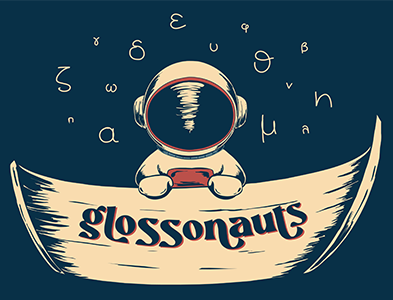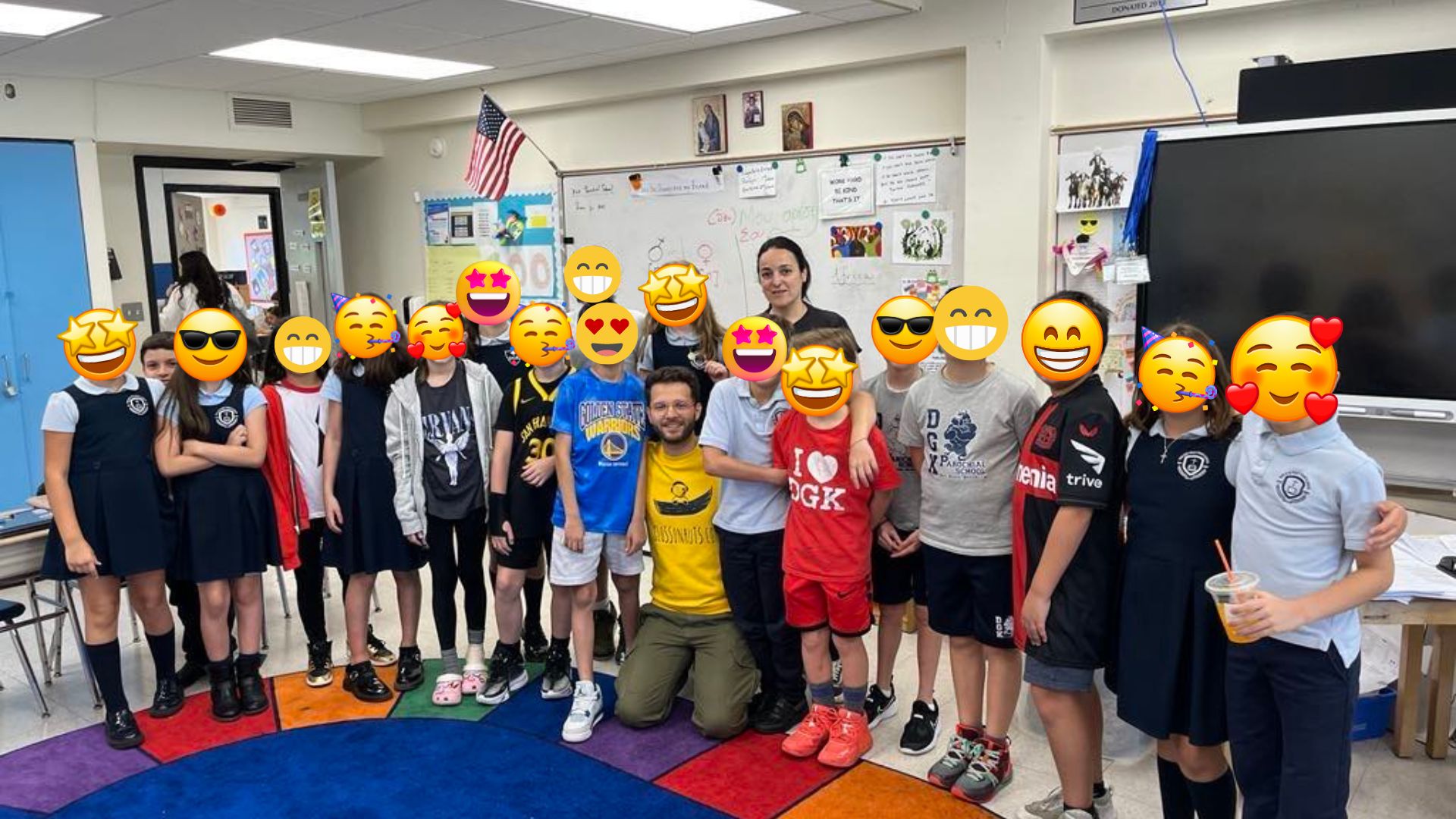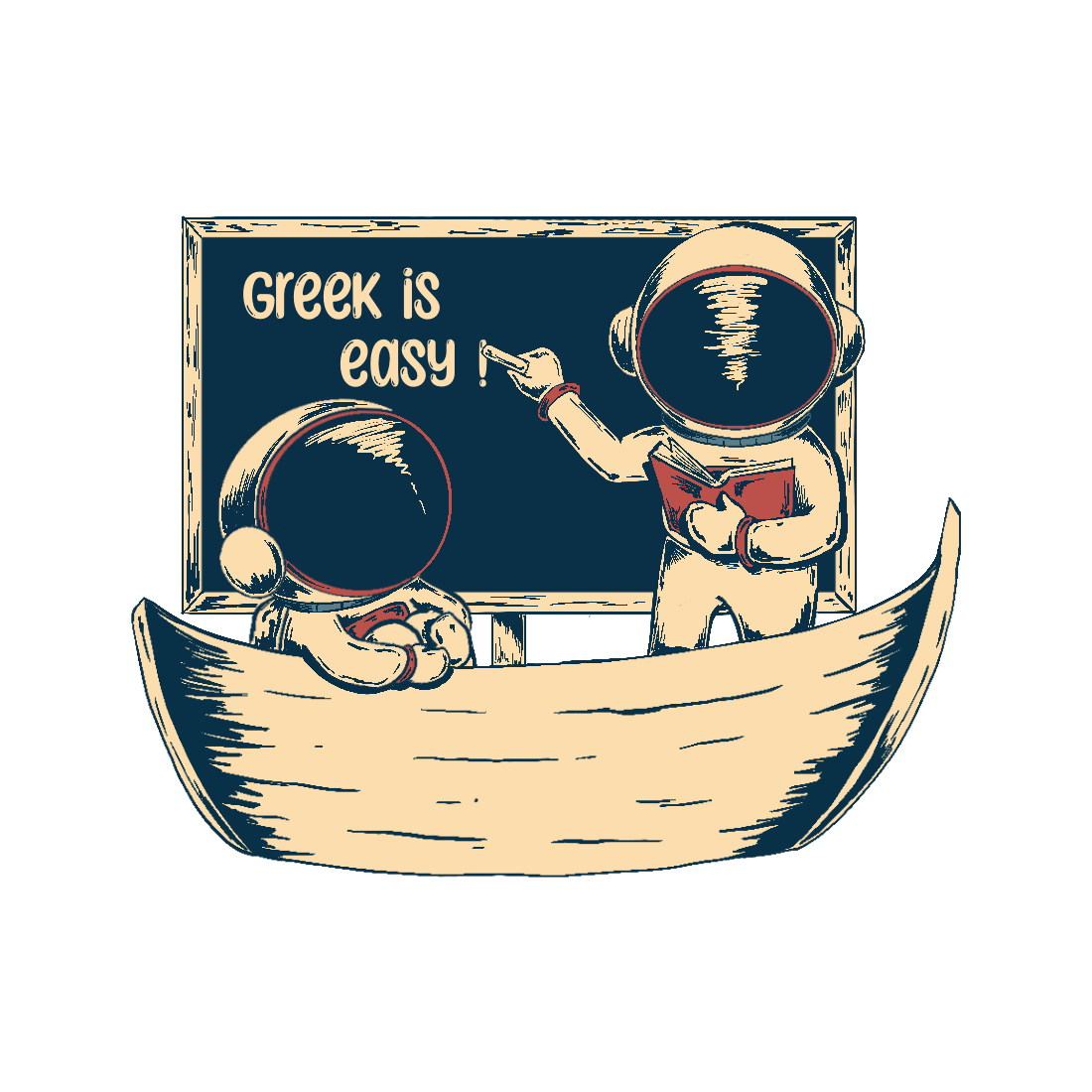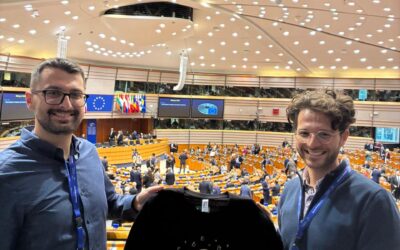Is there a secret recipe that helps students learn Greek faster and better? Well, there is and it is not secret anymore…Small everyday things make a huge difference in our students’ motivation, engagement, and overall learning experience.
In July 2024, Glossonauts crossed the Atlantic to present the methodology that unlocks the students’ potential and success in learning Greek. Starting with our innovative workshop at the Hellenic College Holy Cross in Boston, educators from Florida, North Carolina, Massachusetts, New York, and Arizona were introduced to Glossonauts’ teaching techniques and strategies. The educator’s role not as a “sage on stage” but as a “guide on the side” was highlighted as a key factor to success.

After the workshop, we were invited by various local communities. At this point, it became clear that in order to understand in depth the language needs of the Diaspora it is necessary to organize a small-scale field research. And that is what we did! We visited various Greek schools in the Boston Metropolitan Area and New York.


Our goal was to empowering teachers on how to make their Greek lessons more fun, effective, and interesting. In collaboration with the Greek Orthodox Metropolis of Boston and under the auspices of the Greek Consulate General, Glossonauts organized a new language workshop targeted only to Greek teachers from Massachusetts. The director of the Greek School in Braintree Mister Christos Kazilas took the initiative and provided all the organizational support.

After this beautiful experience in Boston, our next stop was New York, the Big Apple. Being invited by Leonidas Papoulias and Apostolidou Despoina, Konstantinos visited Dimitrios & Georgia Kaloidis Parochial School in Brooklyn NY. There he demonstrated a lesson in two k6 elementary classes.
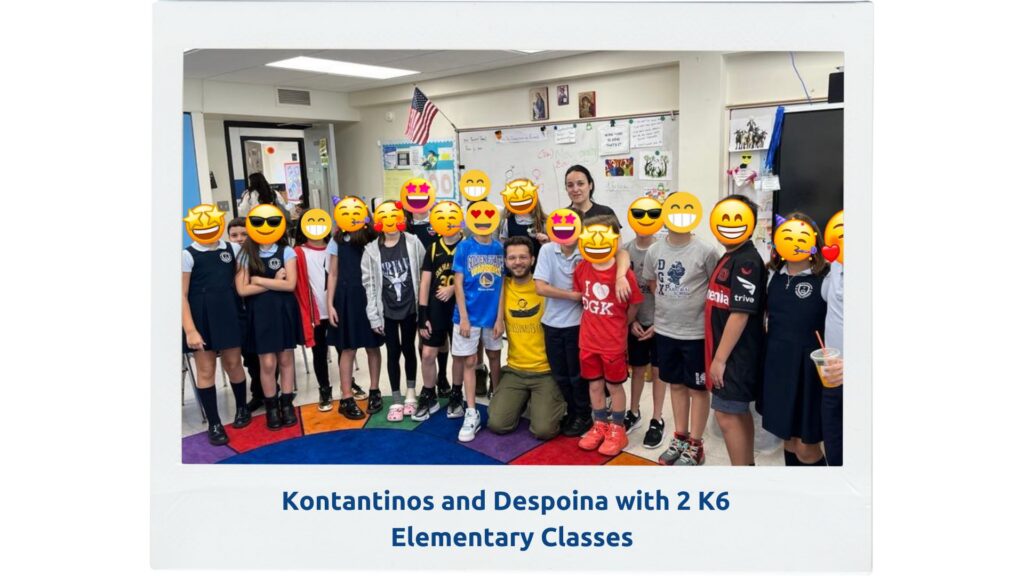


So, you may still wander which are the ingredients of this language teaching recipe.
In a nutshell:
- Teacher-student relationship
- teachers as a “guide on the side”
- Decoration of the Classroom
- Arts
- Task-based approach and learn by doing
- Experiential learning
- Repetition techniques
- Peer learning
- Gamification
- Meaningful activities
However, what is the practical application of these, and what can be done in order to support the professional development of Greek teachers in the USA?
Share your thoughts in the comment section below!
